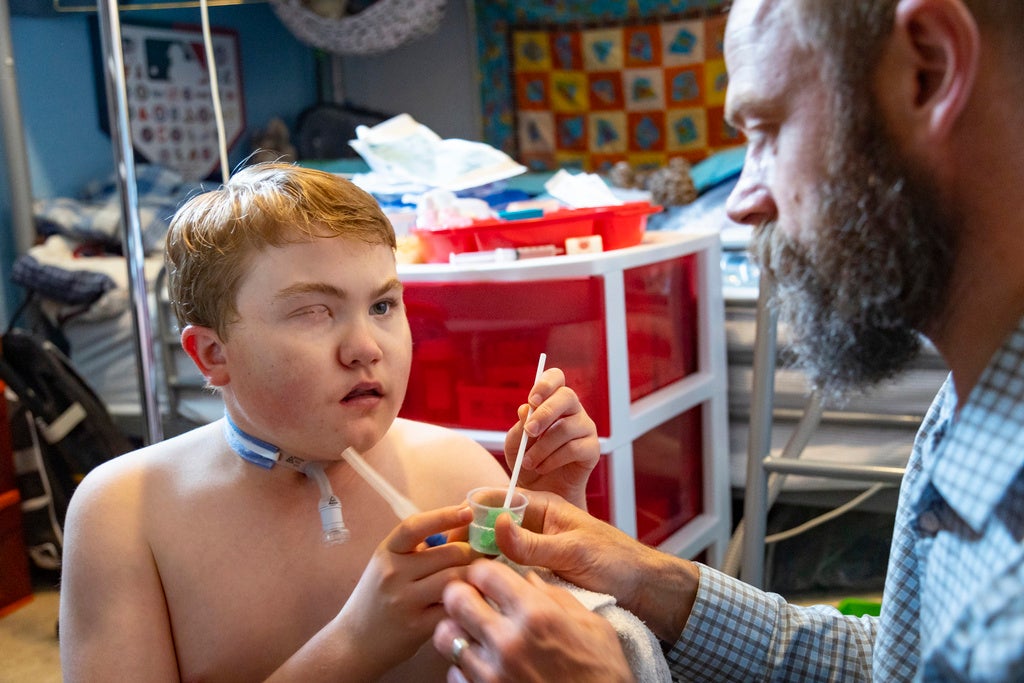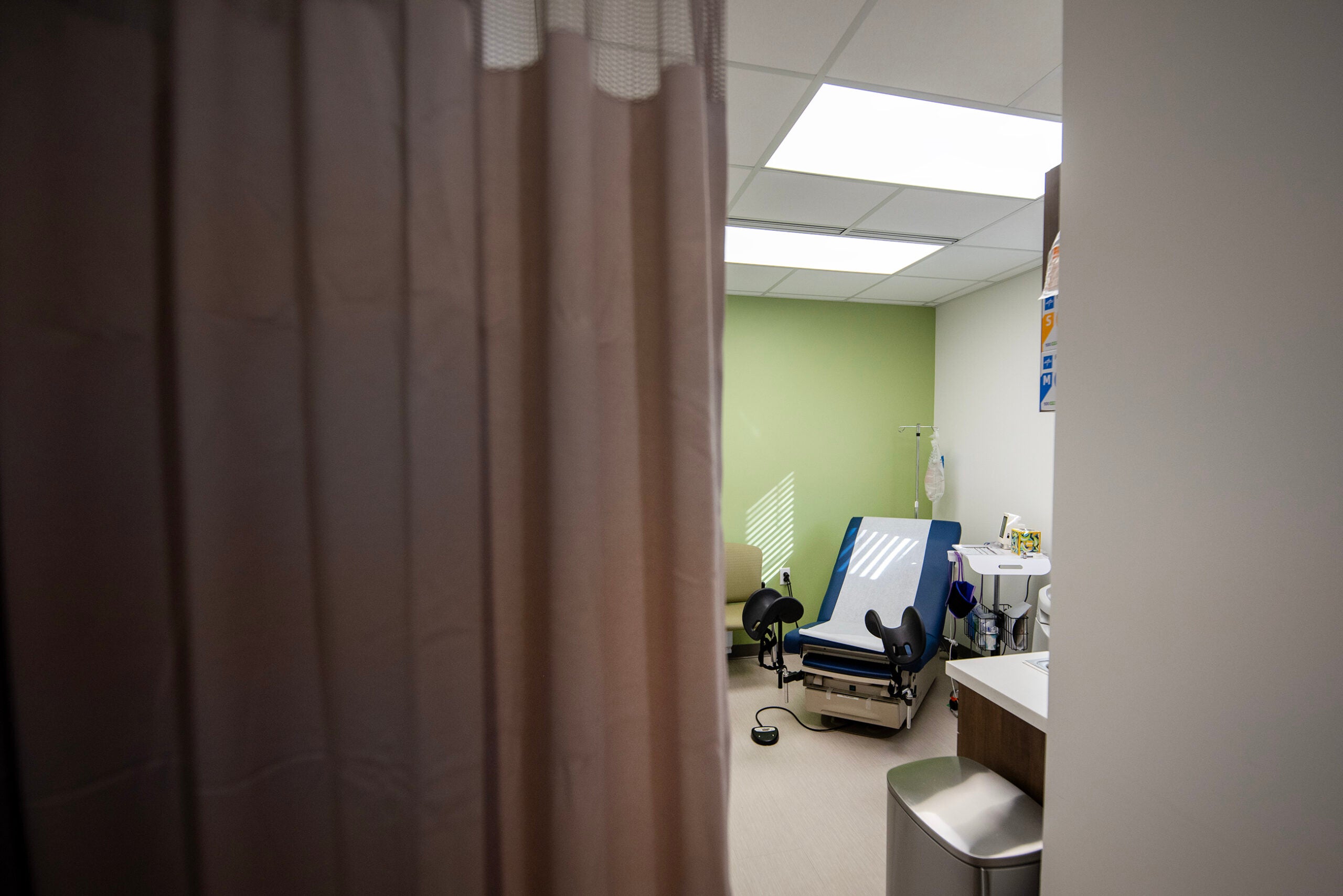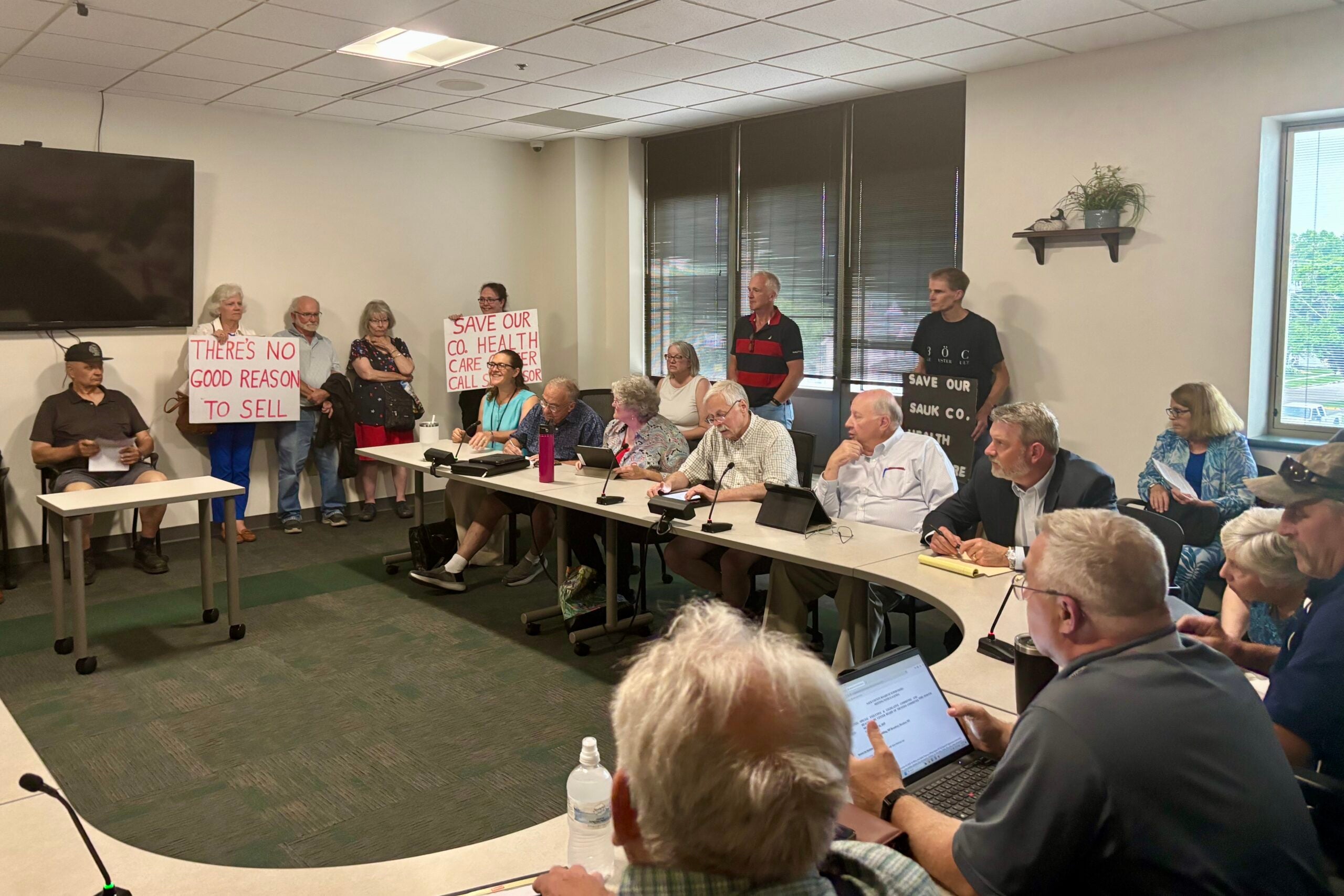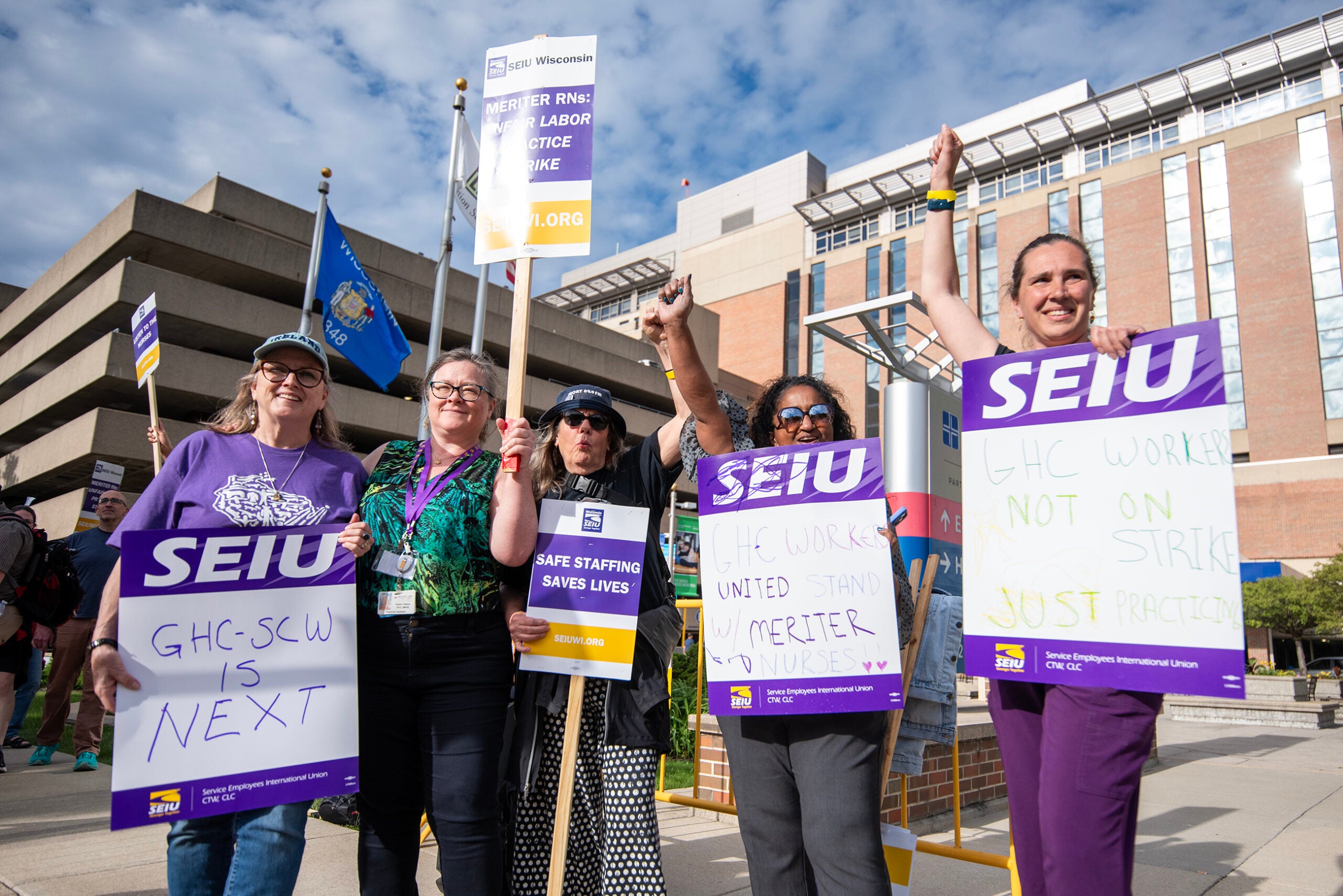The University of Wisconsin-Green Bay and state health officials hope to certify 10,000 new workers in the next three years who can provide health care and assistance in the home.
Wisconsin will need an additional 20,000 home care workers by next year, according to the Wisconsin Department of Health Services. Direct health care staff assist elderly people and clients living with disabilities with bathing, dressing, eating and mobility. In short, direct care workers perform many of the same tasks as those working in a nursing home or hospital rehabilitation facility.
In collaboration with DHS, UW-Green Bay has launched a free, online certification program for direct care workers. There’s even a $500 bonus for individuals who become certified and remain employed for six months. Funding comes from the federal American Rescue Plan Act, passed by Congress in 2021.
News with a little more humanity
WPR’s “Wisconsin Today” newsletter keeps you connected to the state you love without feeling overwhelmed. No paywall. No agenda. No corporate filter.
“The concept behind this is to build a career path in health care,” said Margie Reichwald, who directs the UW-Green Bay Division of Continuing Education. “Say they’re in caregiving for a year, but they want to go on to be a CNA (certified nursing assistant) or they want to go on and become an RN (registered nurse) or an LPN (licensed practical nurse). This is kind of like a career path and a resume-builder for them to start that career in health care.”
Those interested in becoming a certified direct care professional must complete an online training course, which Reichwald said takes between 30 and 40 hours. After receiving the credential, those potential employees are entered in an online registry aimed at matching them with open positions around the state.
Reichwald said the hope is to get 10,000 new direct care workers certified in Wisconsin over the next three years. While that won’t meet the full statewide need, according to DHS, officials hope it will help alleviate some of the state’s shortages.
Patti Becker is a co-chair of Wisconsin Survival Coalition, which advocates for people with disabilities. She said Wisconsin is unique because the state offers community waivers, which allow people to spend public medical assistance like Medicaid funds to receive medical care in their homes rather than hospitals, nursing homes or other facilities.
“In order for that to happen, Wisconsin needs to have a robust direct care workforce that’s available to do that,” Becker said.
Offering certification for direct care workers has been a perennial request, Becker said.
“Advocates and people who’ve received care have been asking for this for a long time, and now it’s here,” Becker said. “So that’s very exciting.”
Still, she said addressing the growing need for in-home health care “will be a marathon, not a sprint.”
Medicaid reimbursement rates for direct care, which are set by the state, only cover between 15 percent to 30 percent of the cost, Becker said. Wisconsin has increased Medicaid reimbursement rates in recent years and in the current state budget.
Becker said every dollar helps, but rates are still not covering provider costs. She pointed to a declining number of dentists or mental health providers accepting Medicaid patients as an example of what could happen with home health care companies.
“And the fear, quite honestly, for an advocate and myself as a parent of someone who uses services, is that that’s where this system is going, where there will be (fewer) people willing to not only do the direct care work, but willing to even provide the service in Wisconsin,” Becker said.
Wisconsin Public Radio, © Copyright 2025, Board of Regents of the University of Wisconsin System and Wisconsin Educational Communications Board.







